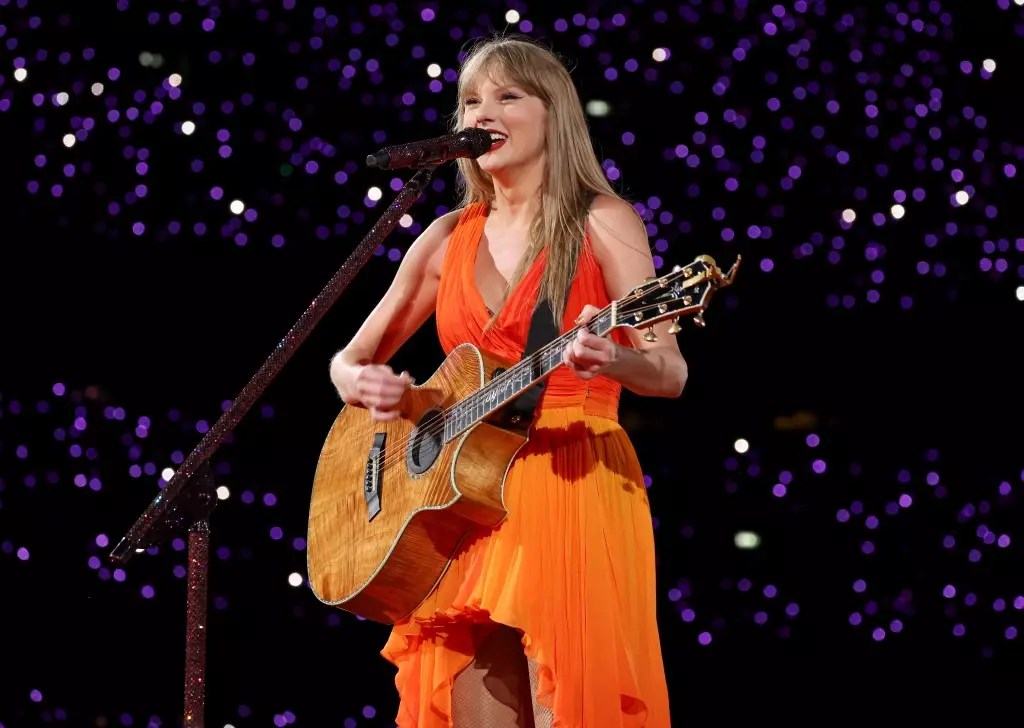When it comes to high-profile entertainment events, the intricacies of security measures often take center stage, revealing the intersections of art, politics, and public safety. Taylor Swift’s recent concerts at Wembley Stadium epitomize this blend, as a decision to provide her with a police escort drawn from taxpayer resources has ignited a heated discussion about government priorities and the protection of celebrities versus public figures.
Reports indicate that the UK government played an influential role in facilitating heightened security for Swift’s performances, a move that received backlash from various quarters. Traditionally, stringent protection measures are reserved for senior government officials and members of the royal family. This brings to the fore critical questions: Should taxpayers fund enhanced security for entertainment figures, especially when such resources are generally allocated to those in government? This situation further complicates the ongoing discourse on privilege and public resource distribution in a society riddled with economic disparities.
Central to this saga is Home Secretary Yvette Cooper and London Mayor Sadiq Khan, who allegedly championed the initiative to provide Swift with a heightened security detail. Their involvement raises eyebrows—suggesting that celebrity culture may be compelling government officials to act in ways that prioritize star power over more pressing public safety concerns. The necessity of such high-caliber security was questioned following Swift’s mother and manager, Andrea Swift, threatening to cancel the singer’s shows amidst fears surrounding terrorist events from Vienna. This incident alone illustrates how celebrity presence can catalyze governmental intervention.
The stakes escalated when Cooper underscored the potential economic ramifications of a cancellation. With claims that Swift’s tour significantly bolstered the UK economy—adding nearly £1 billion—one can understand the motivations behind such a protective measure. However, this situational analysis highlights a troubling dilemma: Is economic gain becoming a justification for governmental decisions that favor a select few? While Swift’s concerts yielded substantial revenue, the societal implications of prioritizing such events over wider public safety remain a contentious issue.
Adding another layer of complexity to this situation, a tragic incident involving a Swift-themed yoga class loomed over discussions of safety and celebrity events. The ramifications of this tragedy, which concluded in heartache, reverberated through the public discourse, amplifying the urgency surrounding security concerns at large-scale events. The willingness of government bodies to act in swift response to these incidents—potentially at the expense of broader public commitments—underscores a paradox where celebrity influence can eclipse more grave issues affecting citizens.
The decision to provide Taylor Swift with enhanced police protection raises vital questions about governmental responsibilities, the ethics of resource allocation, and the role of celebrity in society. As public discourse continues to evolve, a transparency-focused approach is essential to ensure that such decisions reflect not only the pressures of celebrity culture but also the collective needs and safety of the general public. Ultimately, the challenge lies in navigating the intersection of fame, economy, and public welfare, where the lines often become blurred, and the stakes remain high.


Leave a Reply